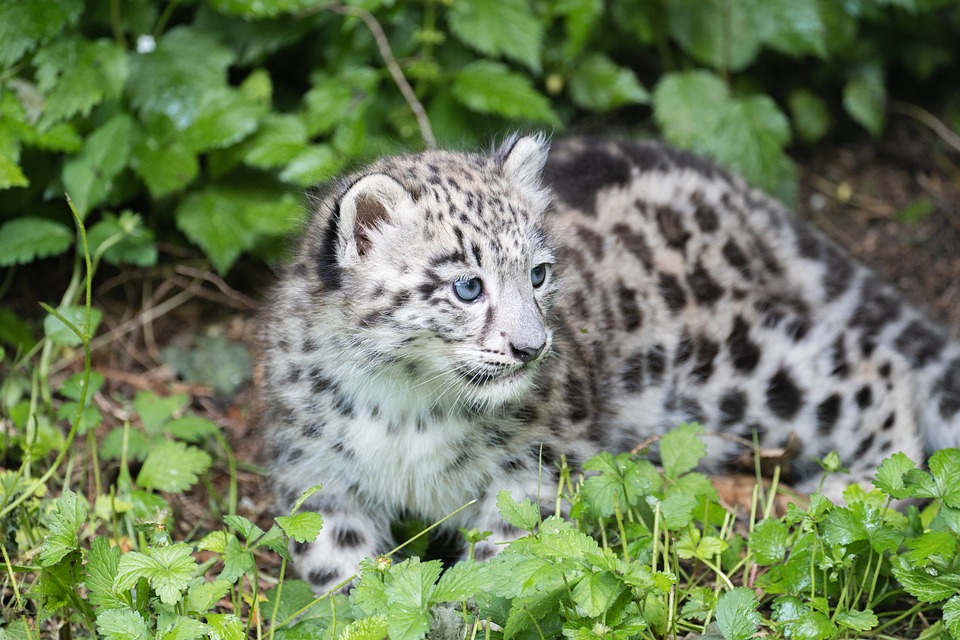Cats are naturally nocturnal animals, but their night-time activity can disrupt the sleep patterns of their owners. If you find yourself struggling to get a good night’s rest due to your cat’s energetic behavior during the night, this article is for you. We will explore various strategies and techniques to help reduce night-time activity in cats, promoting a peaceful and restful environment for both you and your feline companion.
Understanding Cat Behavior
Before diving into strategies to reduce night-time activity, it’s important to understand why cats tend to be more active at night. By nature, cats are crepuscular creatures, meaning they are most active during dawn and dusk. This behavior is a result of their evolutionary adaptation as predators. Here are a few key factors contributing to their nocturnal tendencies:
1. Instinctual Hunting Behavior: Cats have an innate urge to hunt, and their predatory instincts are more pronounced during the night.
2. Temperature and Comfort: Cooler nighttime temperatures can make cats feel more comfortable and energized.
3. Reduced Distractions: With fewer stimuli and disturbances during the night, cats may feel more inclined to explore and play.
Strategies to Reduce Night-Time Activity
While it may not be possible to completely eliminate your cat’s night-time activity, the following strategies can help minimize their disruption to your sleep routine:
1. Interactive Playtime: Engaging your cat in interactive play sessions during the day can help tire them out and reduce their energy levels at night. Use toys that mimic prey-like movements to stimulate their hunting instincts.
2. Scheduled Feeding: Establish a consistent feeding schedule, ensuring that your cat’s last meal of the day is closer to bedtime. A full belly can encourage a more relaxed state and decrease the likelihood of night-time activity.
3. Environmental Enrichment: Create a stimulating environment for your cat during the day, providing toys, scratching posts, and vertical spaces to climb. This mental and physical stimulation can help alleviate boredom and reduce night-time restlessness.
4. Maintain a Consistent Routine: Cats are creatures of habit and thrive on routine. Stick to a regular schedule for feeding, playtime, and bedtime rituals to promote a sense of security and predictability.
5. Create a Restful Environment: Designate a quiet and comfortable sleeping area for your cat, away from distractions and noise. Consider using blackout curtains or white noise machines to create a calm ambiance that promotes restful sleep.
FAQs about Reducing Night-Time Activity in Cats
Here are some frequently asked questions about reducing night-time activity in cats, along with expert answers:
Q1: Is it possible to completely change a cat’s nocturnal behavior?
A1: While it’s difficult to alter a cat’s natural instincts completely, implementing the strategies mentioned above can help reduce their night-time activity and encourage a more balanced routine.
Q2: Should I punish my cat for being active at night?
A2: No, punishment is not recommended. Cats do not respond well to punishment and it can negatively impact their trust and overall well-being. Instead, focus on providing alternative outlets for their energy and stimulating their natural behaviors during the day.
Q3: Will keeping my cat awake during the day make them sleep at night?
A3: Cats need both mental and physical stimulation during the day, but excessive playtime may overstimulate them. Find a balance between engaging play sessions and quieter periods to prevent overtiredness, which can lead to increased night-time activity.
Q4: Should I consider adopting a companion for my cat to reduce night-time activity?
A4: In some cases, having a feline companion can provide social interaction and mental stimulation, potentially reducing night-time activity. However, it’s important to ensure compatibility between the cats and introduce them gradually to avoid potential conflicts.
In Conclusion
Reducing night-time activity in cats requires a combination of understanding their natural behavior, implementing appropriate strategies, and providing a stimulating environment during the day. By following the tips provided in this article, you can help create a more tranquil sleep atmosphere for both you and your feline companion. Remember, patience and consistency are key when working towards a harmonious sleep routine with your cat.








